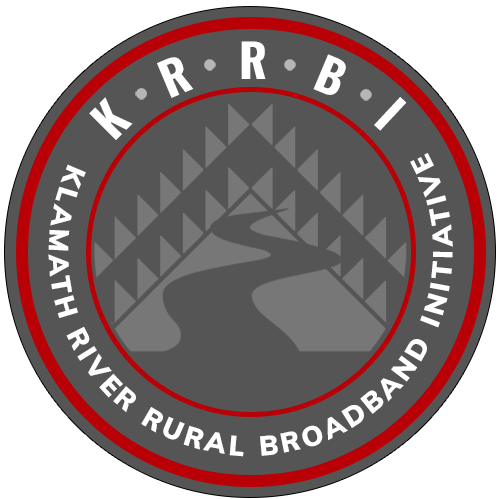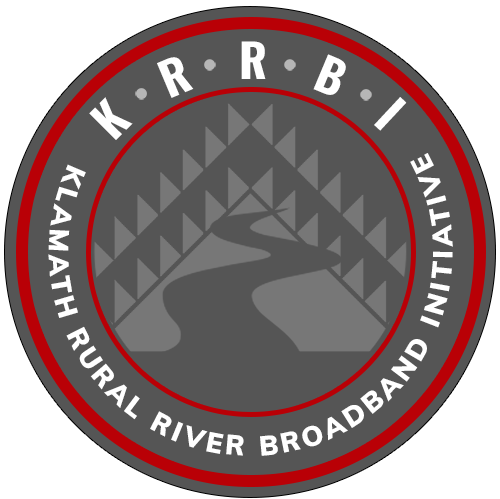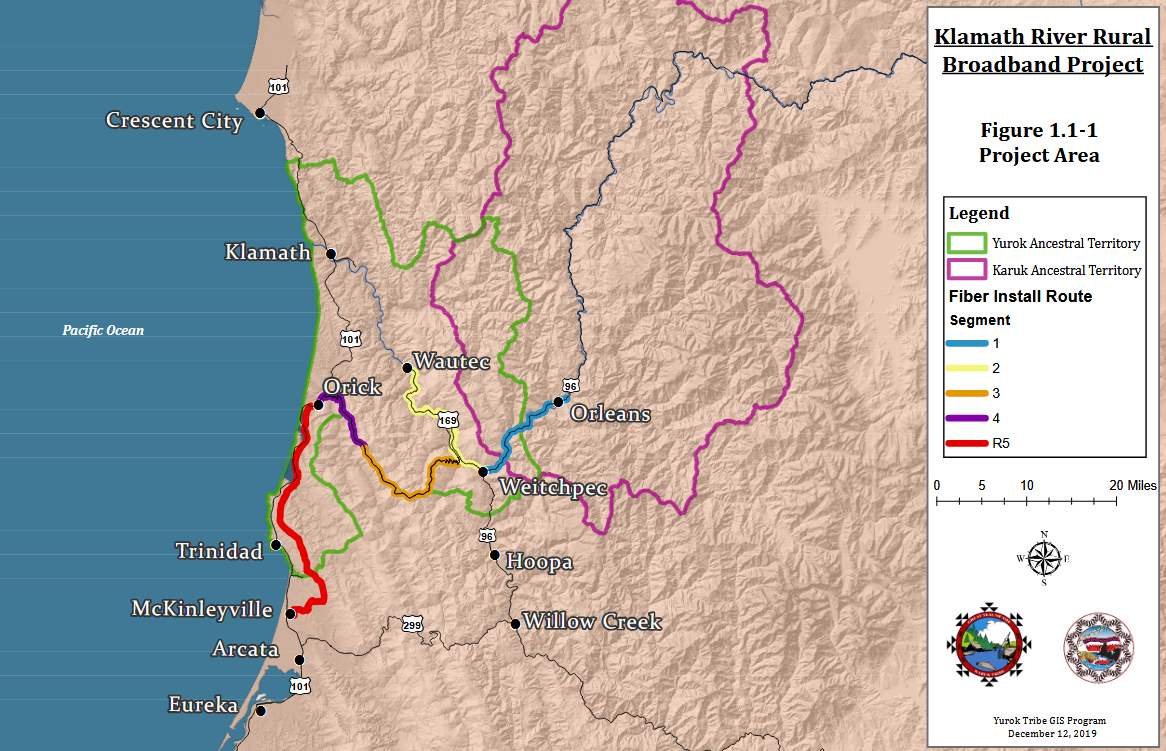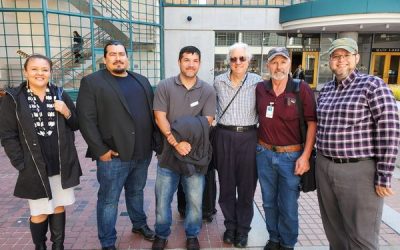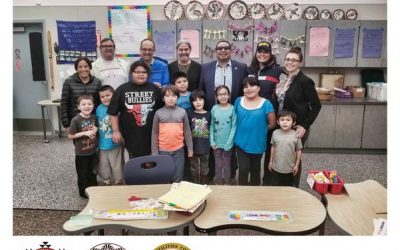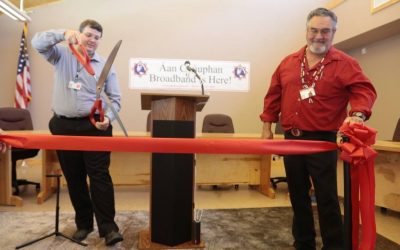Klamath River Rural Broadband Initiative (KRRBI)
In 2015, the Karuk Tribe partnered with the Yurok Tribe for the “Klamath River Rural Broadband Initiative” (KRRBI). The purpose of KRRBI is to provide high-speed broadband Internet service to the ancestral territories of the Karuk and the Yurok Tribes, including tribal and non-tribal community members, who are presently unserved or underserved by current service providers. KRRBI will install about 104 miles of “middle mile” fiber optic cable from Orleans to Weitchpec, from Weitchpec to Wautec and Tulley Creek, from Weitchpec to Orick, and from Orick to the “meet-me” with existing fiber in McKinleyville. The “middle mile” connects areas without broadband fiber optic cable connections to the larger long distance fiber optic network, and the “meet-me” is the point of connection between the middle mile and the larger network. KRRBI is set for construction around the end of 2022 and will be completed towards the end of 2024, providing a critical service to its service area.In 2015, the Karuk Tribe partnered with the Yurok Tribe
In 2015, the Karuk Tribe partnered with the Yurok Tribe for the “Klamath River Rural Broadband Initiative” (KRRBI). The purpose of KRRBI is to provide high-speed broadband Internet service to the ancestral territories of the Karuk and the Yurok Tribes, including tribal and non-tribal community members, who are presently unserved or underserved by current service providers. KRRBI will install about 104 miles of “middle mile” fiber optic cable from Orleans to Weitchpec, from Weitchpec to Wautec and Tulley Creek, from Weitchpec to Orick, and from Orick to the “meet-me” with existing fiber in McKinleyville. The “middle mile” connects areas without broadband fiber optic cable connections to the larger long distance fiber optic network, and the “meet-me” is the point of connection between the middle mile and the larger network. KRRBI is set for construction in 2021 and will be completed in 2023, providing a critical service to its service area.The Project area covered by KRRBI
The Project area covered by KRRBI is highly rural and very large. KRRBI will serve four unserved and underserved communities: Orleans, Weitchpec, Wautec, and Orick, as well as remote rural residences and schools along the way.
The middle mile portion of KRRBI is divided into five segments. Segment 1 runs from the existing fiber optic connection with Siskiyou Telephone in Orleans to Weitchpec. Segment 2 connects Weitchpec and Wautec along Highway 169, while Segment 3 connects Segment 2 to Segment 4 along Bald Hills Road. Segment 4 runs from Elk Camp Fire Station and the intersection of Johnsons Road, where Segment 3 terminates, to the town of Orick, and terminates at the new Orick Tower. Segment 5 connects the first four segments to the existing fiber optic network, running from the Orick Tower to the “meet-me” point. There will be “last mile” connections along all five segments. It is called “last mile” because it connects individual customers (commercial, institutional, and domestic) directly to the broadband fiber optic network.
KRRBI will supply last mile high-speed broadband access to 7 first responder agencies, 19 other anchor institutions, and 616 residences in the communities of Orick, Orleans, Johnsons, Wautec, Weitchpec, and possibly other neighbors, agencies, and businesses, along the project alignment. The last mile will largely be supplied wirelessly, utilizing existing towers to broadcast the signal in Orleans and along the Klamath River in the Yurok Reservation. It will also utilize a new tower to be built in Orick as part of this Project. Some anchor institutions will receive a direct fiber connection.
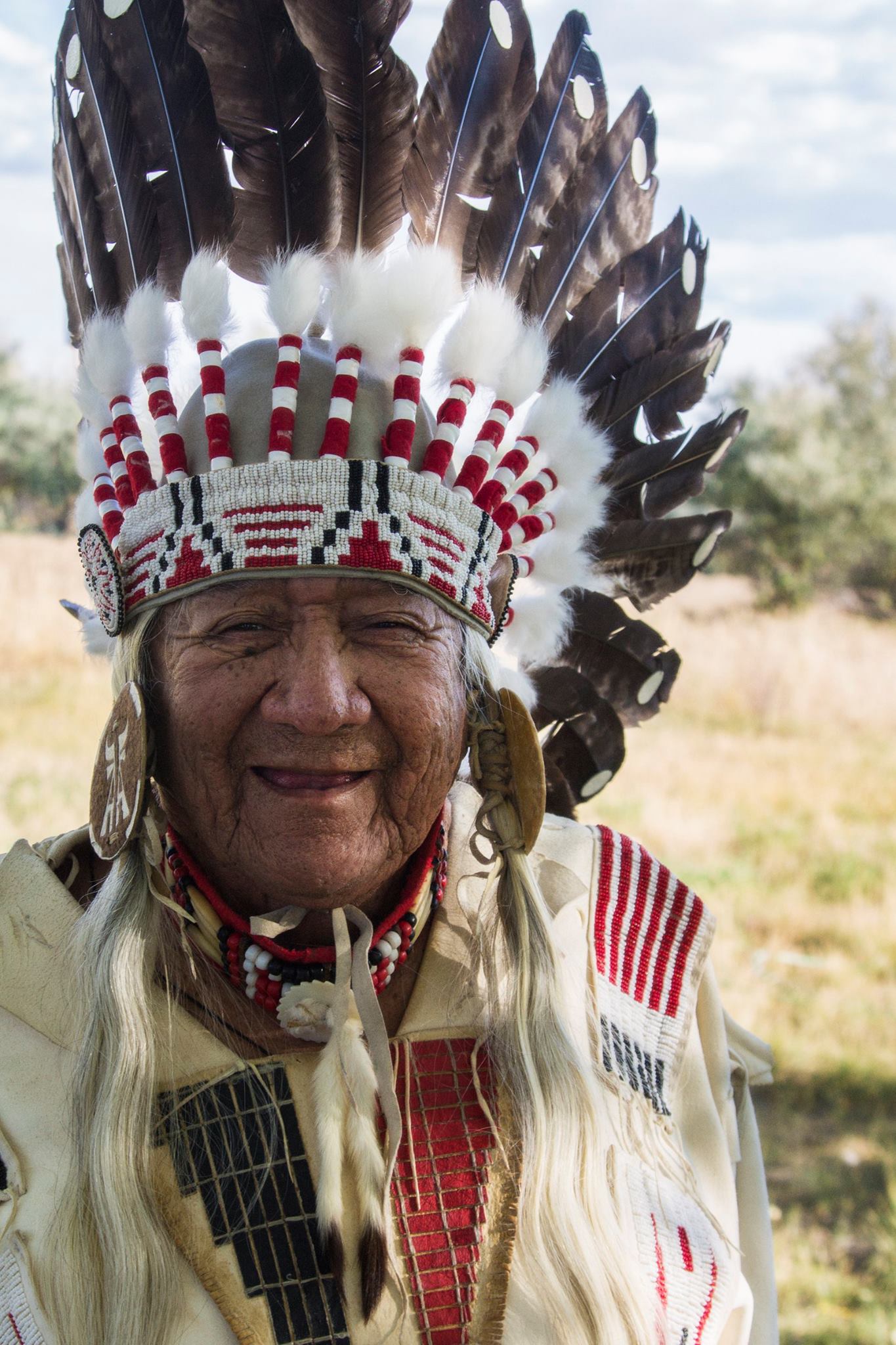
KRRBI Team
The Karuk Tribe has retained the services of EnerTribe, a Native-owned contractor, to provide overall program and grant management, project management, environmental permitting, inter-tribal outreach, inter-governmental outreach, and engineering for wireless and network components for KRRBI.
The Karuk Tribe selected Trinity Valley Consulting Engineers, a Native-owned firm, and their partner N-Com as KRRBI’s Owner’s Engineer in 2016. They are responsible providing design advice, drawings, and specifications during permitting; developing the final drawings and specifications for the construction contract; and overseeing the technical aspects of construction. They have been providing additional details for the project description and technical options for avoiding environmental impacts.
In 2020, The Karuk Tribe contracted with Paragon Partners to assist in easement acquisition on private properties that will be crossed by KRRBI.
Public Hearing For Emerging Trends At The CPUC Headquarters In San Fransisco
KRRBI has picked up a great deal of speed with the support of the Yurok and Karuk Tribes along with the California Public Utilities Commission (CPUC).
2 Tribal Governments, 3 Native Owned Contractors, 12 agencies Working Together For The 104 Mile Fiber & Wireless Project
The Karuk & Yurok Tribes are paving the way for Indian Country when it comes to Broadband. We had a session between the Karuk & Yurok tribes along with the California Public Utilities Commission, ironing out the details and challenges for KRRBI.
Launching the Karuk Tribe’s New WISP! First Customer Installed!
The Orlean BroaThe Karuk tribe’s new WISP was launched and the first customer was installed on October 29, 2015!!
